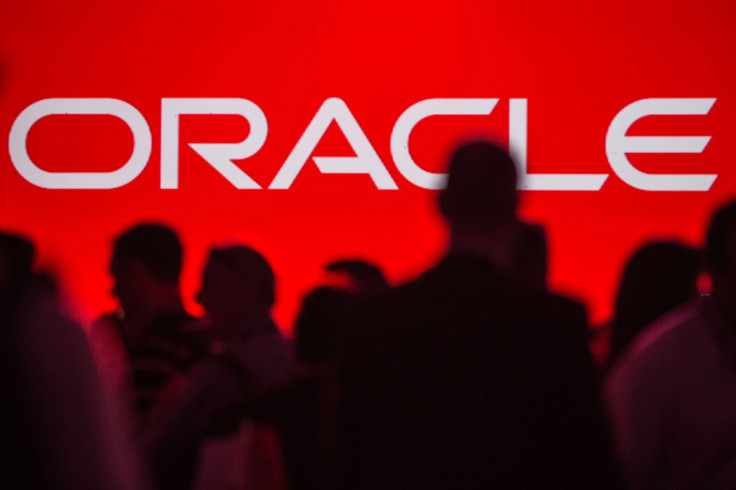With Datalogix Acquisition, Oracle Takes Aim At Salesforce, Microsoft

Oracle’s cloud-computing arsenal just got larger with the acquisition of Datalogix, a digital marketing firm that bridges the gap between online advertisers and consumer offline spending data. The deal, announced Monday, is the latest in a number of acquisitions by Oracle in the past year, as it looks beef up its offerings to compete with marketing services companies such as Salesforce.com and Microsoft's Dynamics unit.
On the surface, Datalogix is just one of many marketing platforms that have been acquired in recent years, such as Twitter’s MoPub and Facebook’s Atlas. But unlike those services, which track and serve ad campaigns on the Web, Datalogix gathers consumer data from rewards programs and other offline sources to give brands a more complete picture of how well a campaign performed. Combined with Oracle’s acquisition of another data aggregator, Bluekai, in February, that insight gets even more detailed.
“Connecting online and offline data is incredibly important and is the last major hurdle to creating a 360-degree view of the customer,” Yory Wurmser, an eMarketer retail analyst, said. “There’s going to be a lot on that front right now, and in creating that, Datalogix is at the forefront.”
Despite the growing presence of e-commerce, in-store retail purchases continue to hold the lion’s share of U.S. retail, accounting for 93 percent, or $4.4 trillion, of sales 2014, according to eMarketer. “To be able to connect those 93 percent with all the advertising online, that’s the golden opportunity out there,” Wurmser said.
Datalogix claims to track $2 trillion in consumer spending from 1,500 data partners across 110 million households. And out of its 650 customers, dozens are major brand advertisers such as Ford and Kraft, as well as social media giants Twitter and Facebook.
While there are generally concerns when such large amounts of customer data are collected, some privacy advocates aren’t too concerned by the acquisition of Datalogix. “This consolidation shows how critical it has become for companies to provide this full range of services,” Jules Polonetsky, executive director of Future of Privacy, said. “I don’t see any new data collection but bigger integration from players looking to compete.”
As these companies grow their businesses around “data as a service,” however, privacy rules are likely to play a greater role on how they move forward. “Data is going to become one of the key currencies,” Polonetsky added. “And navigating privacy rules is going to be one of the key challenges facing these companies.”
Oracle declined to comment on the specifics of the deal, including the purchase price. On Dec. 17, the company posted fiscal second-quarter earnings of $2.5 billion on $9.6 billion in revenue, down 2 percent from the same period last year.
© Copyright IBTimes 2025. All rights reserved.





















